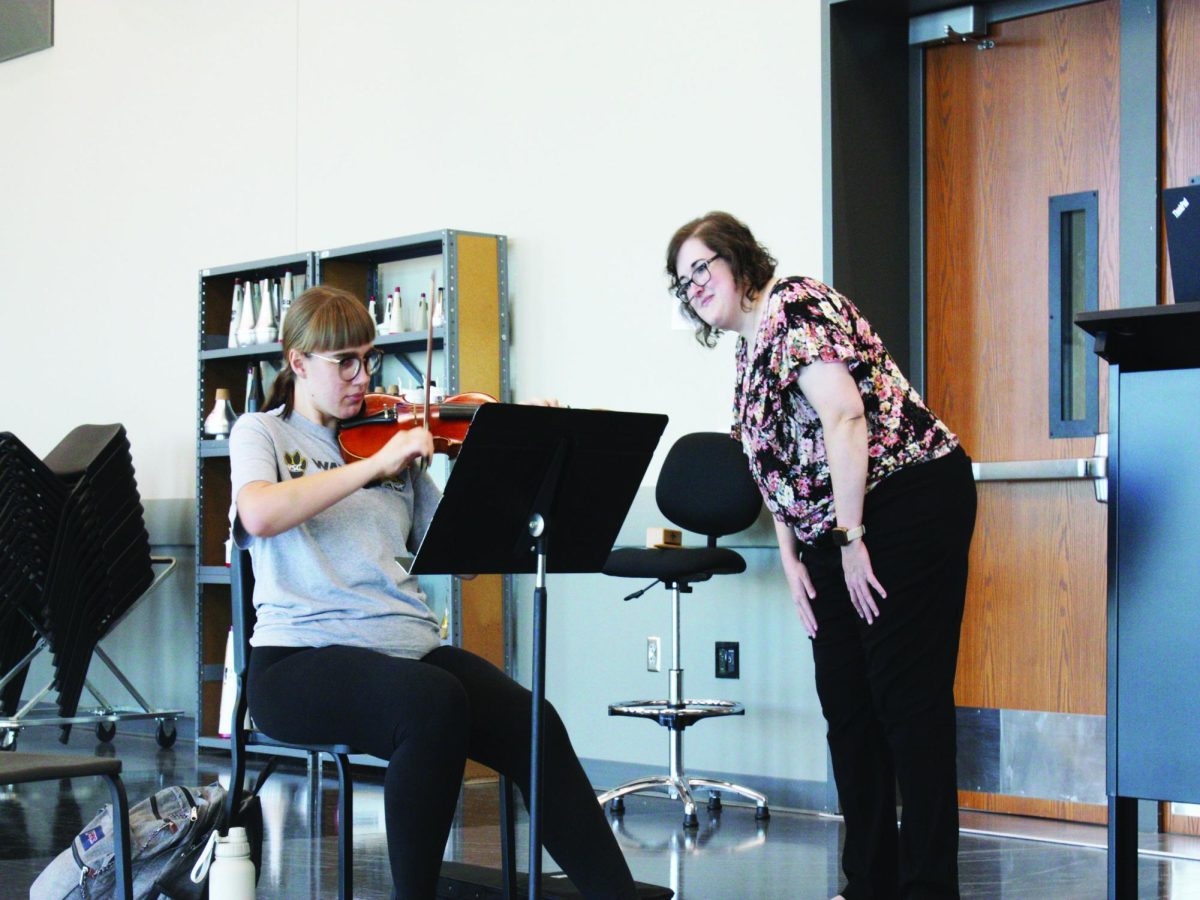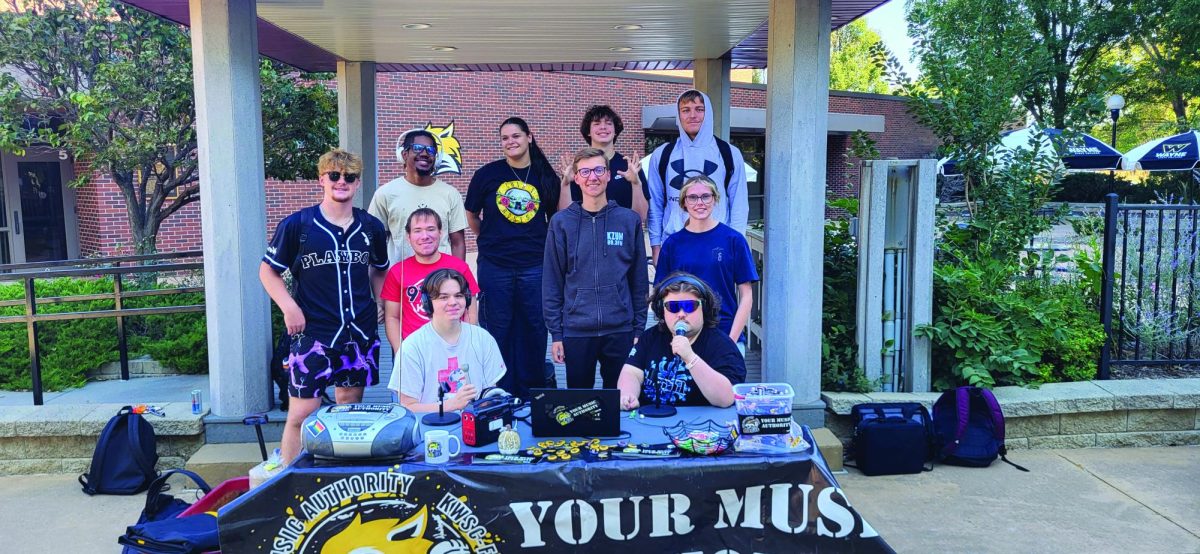Study of the dangers of drugs
February 21, 2018
*This is a special series written by various Neihardt Scholoars over the next few weeks.
Our Shapers of the Modern Mind class this semester has explored the idea of discrimination and human dignity in health. While discussing various subtopics in this field, we looked at how maladaptive coping behavior (substance abuse) varies between different groups of people.
This sparked my interest as a psych major, and made me recall a lecture regarding substance abuse among college students.
As the fifth week of school rolls around and so do your first tests of the semester, I thought it’d be good to remind readers about the dangers of a common maladaptive coping behavior that many college students fall into: Adderall abuse.
According to an article on CNN, “Prescription ADHD medications like Adderall, Ritalin, and Vyvanse are becoming increasingly popular for overworked and overscheduled college students — who have not been diagnosed with ADHD.”
But why do students abuse these stimulants? The same article on CNN says, “By and large the most common use is to concentrate while studying, with more than 90% of users doing it for this purpose.
ADHD stimulants ‘strengthen the brain’s inhibitory capacities,’ said Dr. Edward Hallowell, a psychiatrist and ADHD expert.
‘They do this by increasing the amount of certain neurotransmitters, like dopamine, epinephrine, and norepinephrine.’ Students say they take these stimulants for the ‘right reasons,’ to be more productive in classes. In a 2008 study, 81% of students interviewed thought illicit use of ADHD
medication was not dangerous at all or slightly dangerous. While the picture of a methamphetamine user has hollowed cheeks, rotting teeth, and skin sores, an Adderall user looks just like anybody else.”
Despite students thinking this kind of prescription abuse is ok and normal, there are very serious dangers to keep in mind before
jumping on this bandwagon.
These drugs are Schedule II substances, sitting pretty on the Drug Enforcement Administration’s list right next to cocaine, meth and morphine.
Before you pop a pill to study, remind yourself that this is ILLEGAL. The aforementioned CNN article said, “Obtaining stimulants from friends with prescriptions, as the vast majority of college students do, seems less dangerous and illegal than buying drugs off the street.” If the illegality doesn’t scare you, some of the side effects should.
“College students tend to underestimate the potential harms associated with the nonmedical use of prescription stimulants,” said Sean McCabe, research associate professor at the University of Michigan Substance Abuse Research Center. According to Mc-Cabe, students may not know the situations in which a drug might be harmful or recommended precautions or how it may interact with
other drugs.
They may not know the dosage.
Short-term adverse consequences include sleep difficulties, restlessness, headaches, irritability and depressed feelings. Other side effects include loss of appetite, nervousness and changes in sex drive. The long term risk of psychological and physical dependence is of concern for routine users who may find they do not feel they can function without it.
Becoming addicted to a stimulant is too easy, and will happen before you even realize it. Falling into this “normal” trend on college campuses could lead to you feel depressed without these drugs, impair your sleep schedule, or even make you more prone to try stronger, more dangerous drugs.
This is a dangerous game to play when all you need to do is focus to study.
Next time you or someone you know thinks about abusing these prescription drugs in college, don’t allow yourself or them to become part of this dangerous statistic.
Try the quiet study area in the library, or some coffee from Jitters.
Remember to study in a healthy, productive way by not cramming the night before your tests. Take care of your mind, and have enough dignity to get through your exams fairly, healthily and legally.
Enhancement drugs aren’t allowed on the field. They shouldn’t be allowed in the classroom either.







